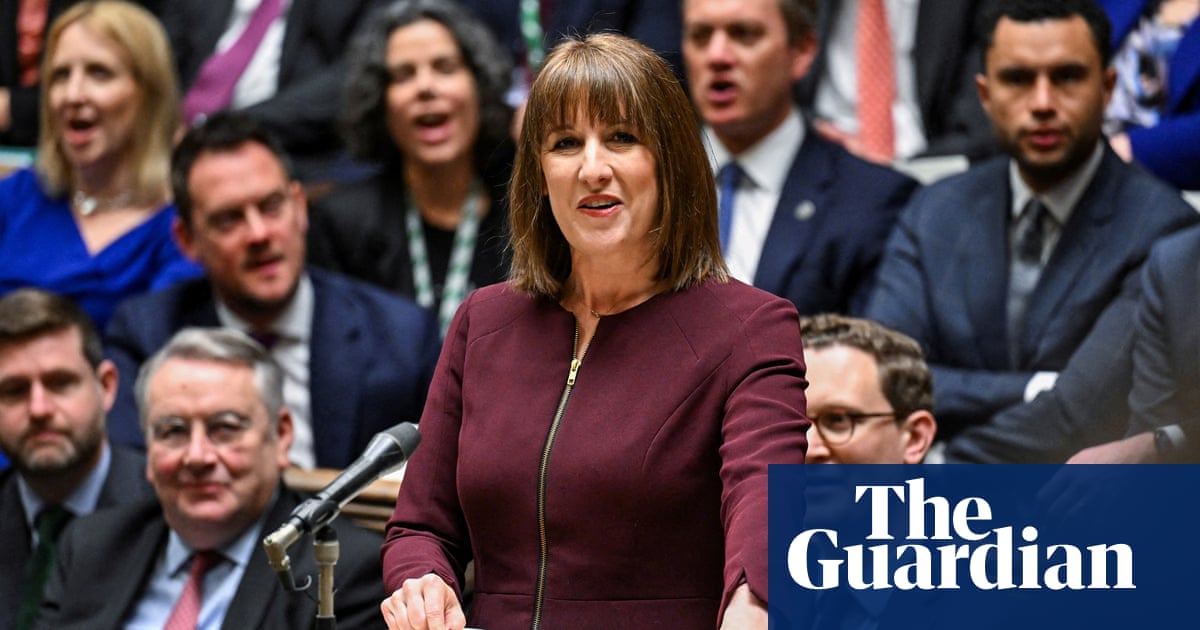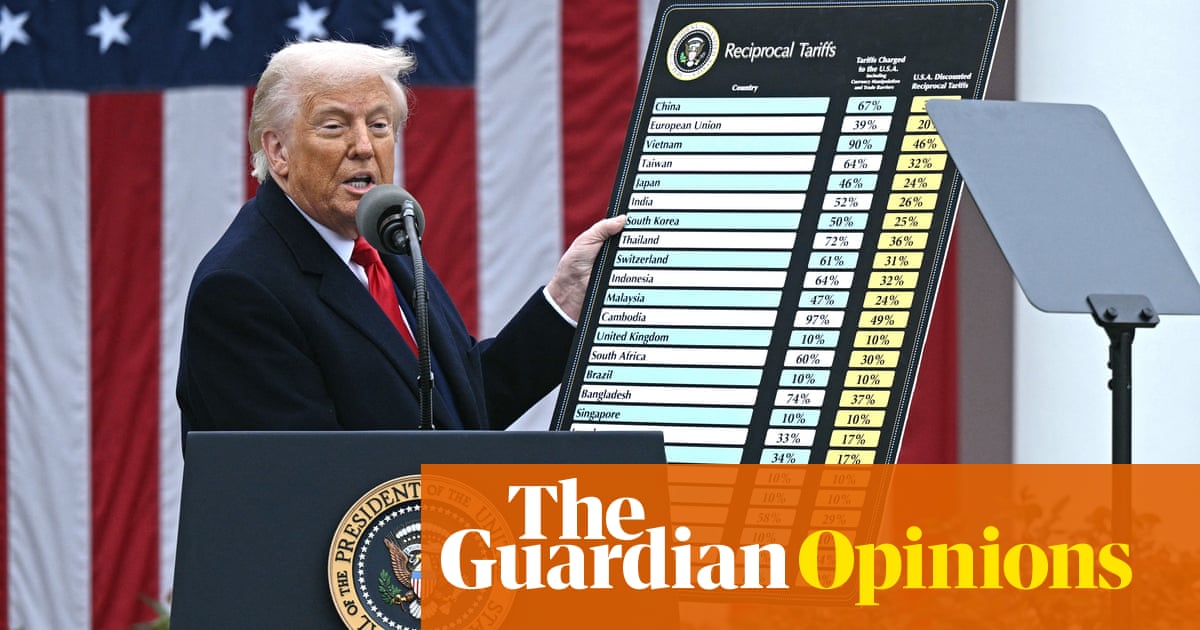Rachel Reeves’s spring statement (Report, 26 March) has sidelined the nature policies that Britain needs to build a more prosperous economy, and tackle the planetary crisis that is threatening our way of life.
Days after Kemi Badenoch ditched net zero, Labour is following suit, with growth trumping net zero, fast-tracked airports, faltering marine protections and the climate and nature bill, backed by 192 MPs, kicked down the road. I first presented the bill in 2020 to lock the UK’s climate and biodiversity commitments into law. Labour backed its ambition in 2023, yet whips blocked it in January.
The bill could centre nature’s importance across decision-making. Instead, billions have been found to prop up flawed carbon-capture technology, while the co-benefits of investing in nature-based solutions – like reforestation, peatlands, wetlands and regenerative farming – are sidelined.
The cuts to the Department for Environment, Food and Rural Affairs, even with a boost to the Department for Energy Security and Net Zero, ignore the interconnections of climate and nature plans, risking both. This siloed approach, mirrored in Labour’s cuts to international aid and a pause to nature-friendly farming payments, must end.
The solution? To deliver the joined-up legislative framework we need to weave climate and nature across Labour’s cross-governmental missions. And that means making time to advance the climate and nature bill.
Caroline Lucas
Green MP for Brighton Pavilion, 2010-24
Rachel Reeves emphasised her desire “to get people back to work”, but gave no hint of what form that work would take. One country-wide job creation scheme that could be delivered over the next few years would be for the government to double the £6.6bn already committed in its election manifesto to its warm homes plan for improving energy efficiency.
This massive increase in investment could be funded by the government announcing the cancellation of further investment in nuclear power. Our report, Redirect Sizewell C funding to warm homes, shows that about £40bn will be spent over the next 15 years on this nuclear white elephant. Were it to be scrapped now, this could free up more than £7bn by 2030.
This huge redirection of funds would generate long-term, secure jobs, particularly for young people across the UK. It could be quick to implement, so by the next election, homes across the country will be warmer, healthier and with reduced energy bills. This widespread improvement in living conditions, and the generation of jobs in every constituency, could improve Labour’s currently diminishing chances of winning the next election.
Colin Hines Green New Deal Group
Alison Downes Stop Sizewell C

 2 days ago
11
2 days ago
11













































